Ten ERU scientists are included in the Stanford List and in the AD Scientific Index classification.
Dr. Sherif Fakhry, President of the Egyptian Russian University “ERU”, announced that Dr. Essam Khamis, Vice President of the Egyptian Russian University and Professor at Alexandria University has been included in rank (200) in the list of distinguished scientists for their overall scientific publication and the quality of their research in the career term. Noting that the list included in the rank (282) Dr. Muhammad Ali Salem, a teacher at the Faculty of Artificial Intelligence at the university.
The President of the Egyptian Russian University “ERU” stated that Dr. Mohamed Ali Salem ranked (506) in the list of distinguished scholars in publication in (2021). Noting that Dr. Mohamed Salem is one of the distinguished youth scientists and that he has distinguished researches in the field of artificial intelligence published in major globally indexed journals.
Dr. Sherif Fakhry pointed out that nine scholars of the Egyptian Russian University were also included in the classification of the “AD Scientific Index”, “Albert Doger’s Scientific Index” for the highest (10000) scientists in Egypt for the year (2023), revealing that Dr. Essam Khamis, Vice President of the University, came in rank (570) among Egyptian scholars, then Dr. Hani Saeed Ibrahim ranked (1652), Dr. Hisham Fathy Ali Hamid ranked (1712), Dr. Mohamed Abdel Moneim Morsi ranked (1833), and Dr. Hani Ibrahim ranked (2449) , Dr. Mahmoud Farid Abu Ashour ranked (3388), Dr. Ali Abdullah Saeed ranked (4404), Dr. Hossam Samir Al-Sawy ranked (8772), and Dr. Tamer Saleh Al-Sayed Mustafa ranked (9156).
In the same context, Dr. Essam Khamis, Vice President of the Egyptian Russian University “ERU”, explained that the list of “American Stanford University” includes in (2022) a number of (195605) scientists representing 2% of the world’s scientists whose published scientific researches obtained the largest number of citation among the published researches. The list covers 22 scientific fields and 176 sub-specialties and the list of (2022) is published on the link https://bit.ly/3n6dQ2R.
Note that scientists are evaluated in two ways:
A- The totality of scientific publication and the quality of research on the career term. The total publication in their scientific history until the end of (2021), and it included (358) Egyptian scientists.
B – Distinguished scientific publication during the year (2021), which included (680) Egyptian scientists.
Dr. Issam Khamis added that the most important feature of the new classification, “the Alper-Doger Scientific Index” is that unlike other systems that provide assessments for journals and universities, it is a classification and analysis system based on scientific performance and the added value of scientific productivity for scientists. He explained that it provides rankings of universities based on the scientific disciplines of its affiliated scholars. The Vice President of the Egyptian Russian University “ERU” confirmed that the classification uses the total and values of the past five years for the I10 index, the H index, and the quoting scores in Google; Using a total of nine indicators according to twelve major disciplines in the fields of “Agriculture and Forestry, Arts, Design and Architecture, Business and Management, Economics and Econometrics, Education, Engineering and Technology, History, Philosophy, Theology, Law/Law and Legal Studies, Medical and Health Sciences, Natural sciences, Social Sciences..etc”, in (256) sub-specializations, and includes evaluation of (13542) universities, (206) countries and (11) regions of the world: “Africa, Asia, Europe, North America, South America, Oceania, Arab League, EECA, BRICS, Latin America and COMESA.
For his part, Dr. Hisham Fathy Hamed, Dean of the Faculty of Artificial Intelligence at the Egyptian Russian University “ERU”, explained that “Stanford University” is a private American research university founded in (1885), and it has issued its classification since (2019) in cooperation with the Dutch Elsevier Foundation, and it relies on scientific citations of researchers, adding that it is based on several indicators, including: “the number of researches published in indexed journals, the number of published research citations, Hirsch’s coefficient for measuring the scientific productivity of researchers, and the modified Hirsch coefficient for measuring co-authorship.”

